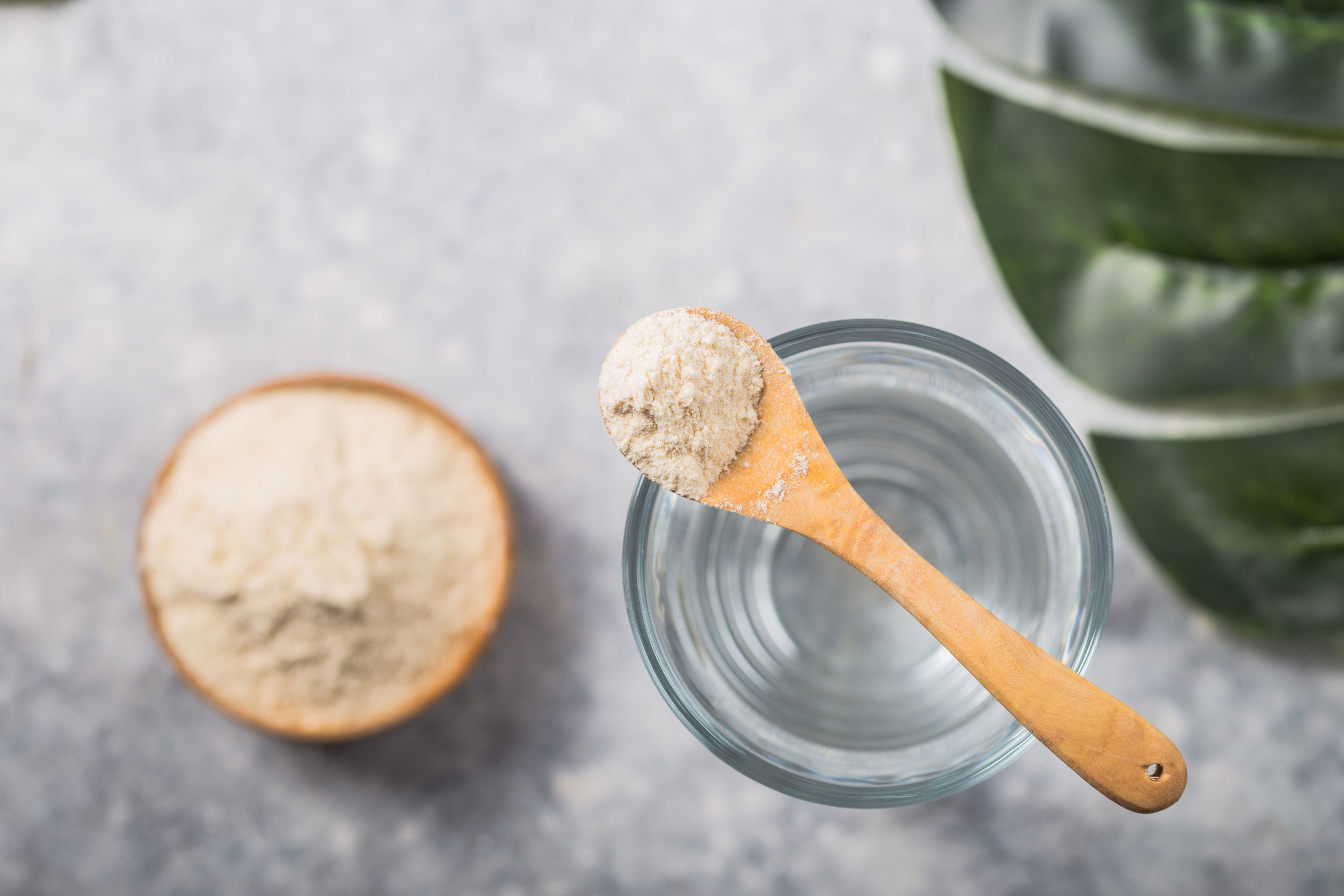Collagen benefits
From the age of 30, collagen production decreases and wrinkles begin to appear. Let's talk about the benefits of taking collagen.
health and beauty
Share

What is collagen?
Collagen is the most abundant protein in our skin and bones. It performs a number of important functions and is present in our bones, tendons, ligaments, cartilage and skin. It is a key substance in maintaining the smooth function of these tissues. Collagen provides pressure resistance, elasticity and flexibility. Over time, the production of this natural protein by the cells that produce it decreases and deteriorates. This is when sagging, wrinkles and joint problems arise.
Certain habits can affect collagen production such as smoking, prolonged sun exposure, unhealthy diet, and certain diseases. In recent years, collagen supplements have become popular. Most of these are hydrolyzed, i.e. the collagen has been broken down, making it easier for the body to absorb. Collagen is also found in many beauty products and skin care creams.
Collagen in the everyday diet
Besides ingesting supplements, there are many foods we can eat to increase collagen production. The natural source of this protein is found mainly in the skin and joints of mammals (chicken, cow, beef, pork, etc.) and in fish (skin and bones). Pig's feet and bone stock are rich in collagen, but egg whites can also help produce collagen, as they have large amounts of proline, one of the most important amino acids that helps the body to naturally produce collagen. Oranges, tangerines or lemons also play an important role since vitamin C is important when it comes to synthesising collagen; as well as tomatoes, berries or tropical fruits. Some studies suggest that leafy green vegetables such as spinach, kale or chard increase procollagen production.

Collagen properties
- Improves skin health: strengthens the skin and can benefit elasticity and hydration. Some studies have shown that collagen peptides can help delay skin aging by reducing wrinkles and dryness.
- It contributes to the regular cartilage function and to joint health.
- It contributes to bone health: collagen provides structure and helps keep bones strong.
- It activates the muscular system: between 1% and 10% of muscle tissue is made up of collagen. This protein is essential for the muscles to stay strong and function properly. Many athletes take collagen supplements to improve their sporting performance and decrease the risk of injury through strengthening these joints and ligaments.
Is taking collagen good for your health?
Taking hydrolyzed collagen aids protein creation in your body because you are absorbing a large amount of amino acids, but it does not provide collagen as such. For better absorption, it should be taken with vitamin C. Collagen supplements are safe for healthy people. If you are allergic to fish, look for a collagen derived from chicken, pig or cow. Studies indicate that the ideal dose of collagen is between 8 and 10 grams per day.






